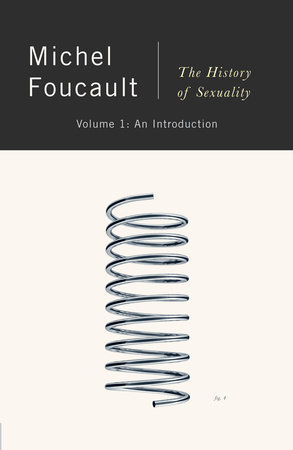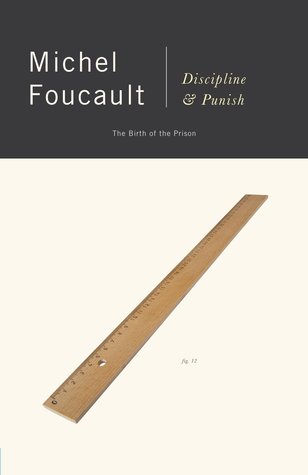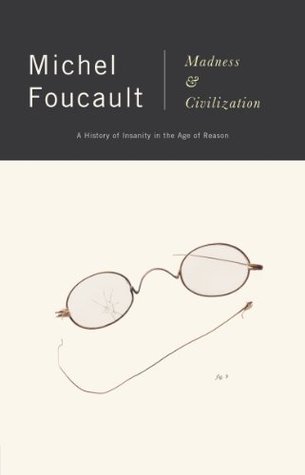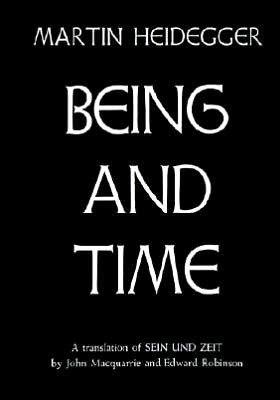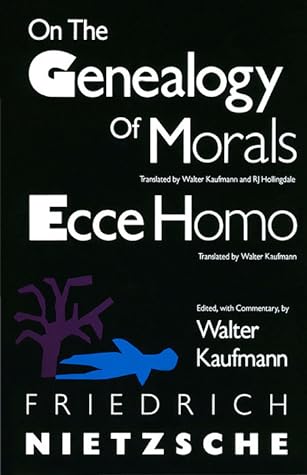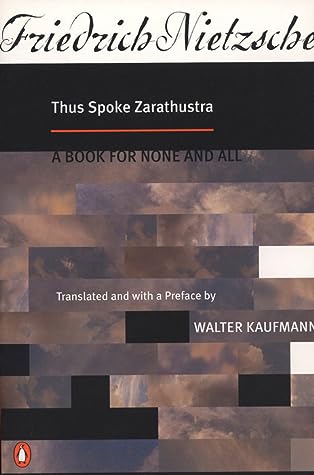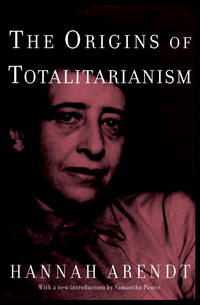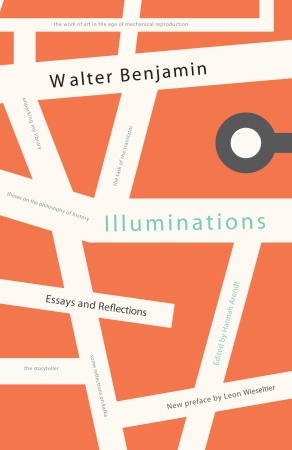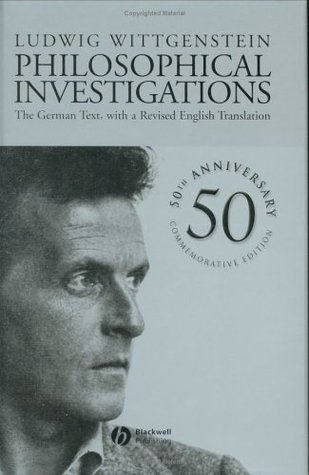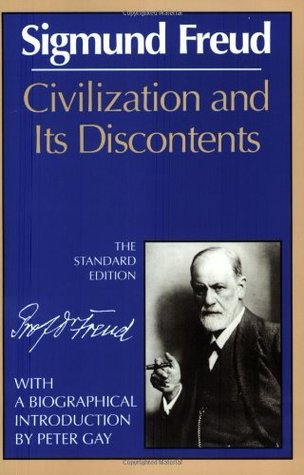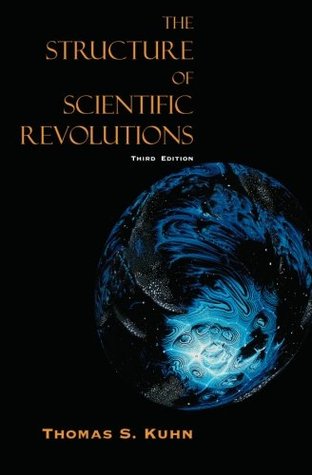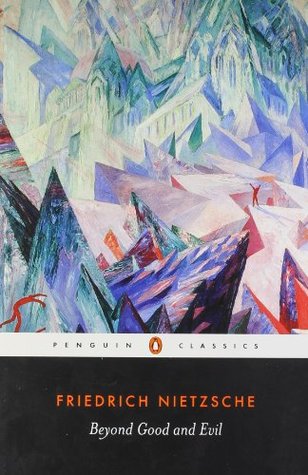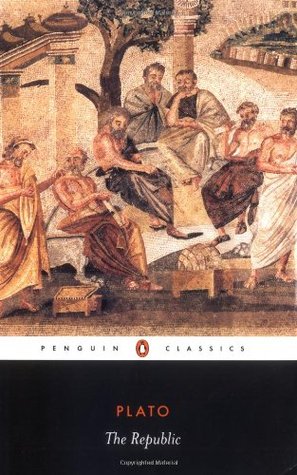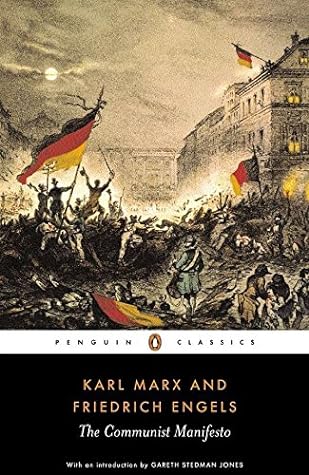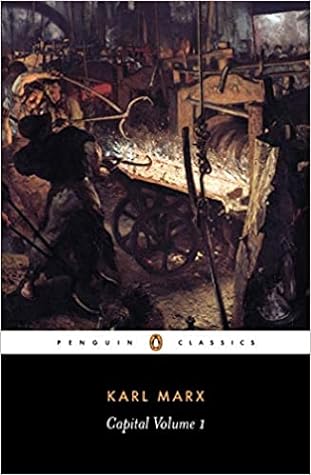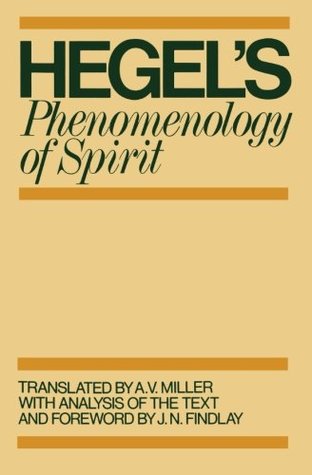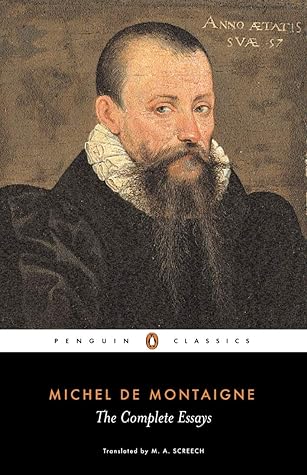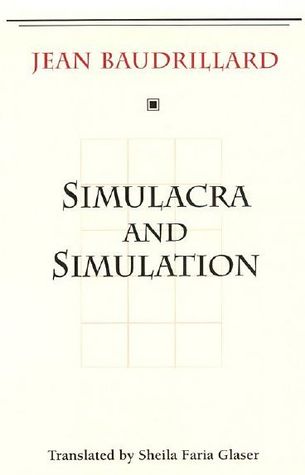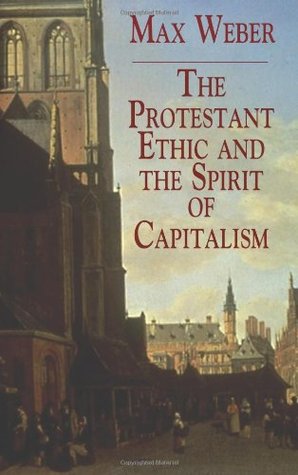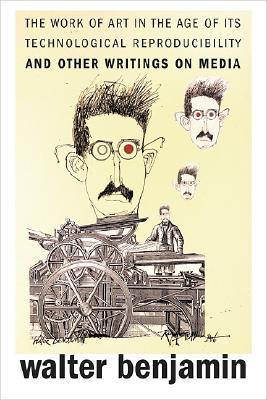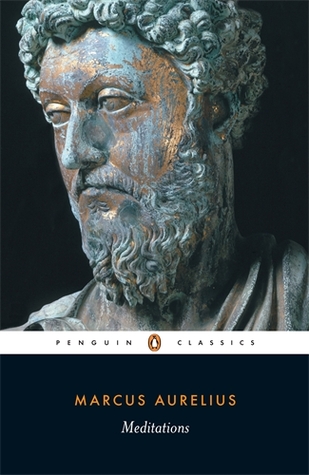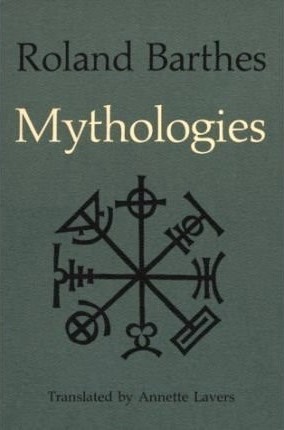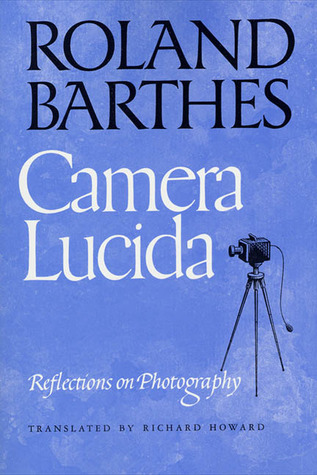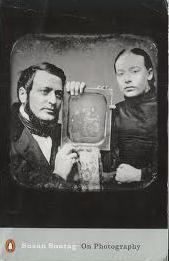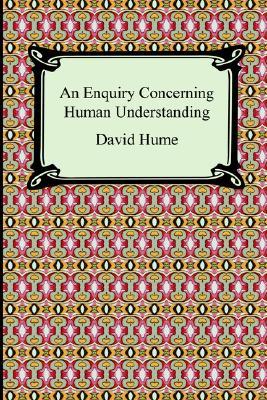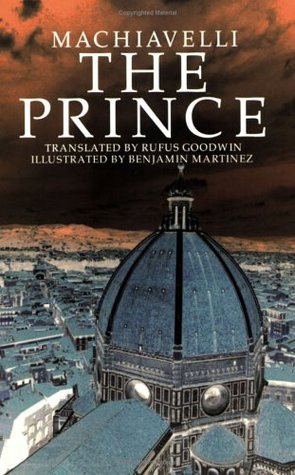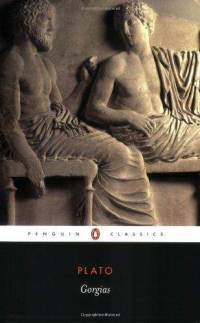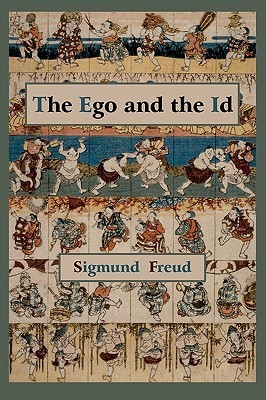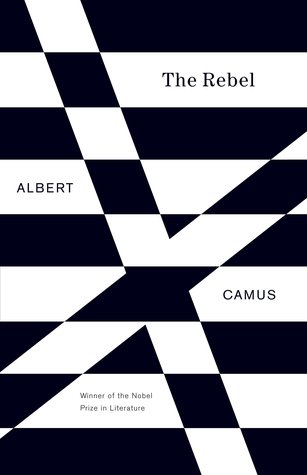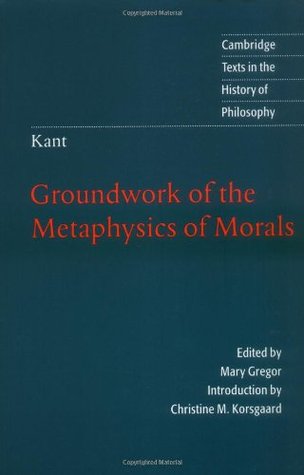Powered by a book like {foo}
Recommendations based on The Order of Things: An Archaeology of the Human Sciencesby Michel Foucault
* statistically, based on millions of data-points provided by fellow humans
The History of Sexuality, Volume 1: An Introduction
by Michel Foucault
Examination of the power dynamics and social constructions of sexual behavior.
Michel Foucault offers an iconoclastic exploration of why we feel compelled to continually analyze and discuss sex, and of the social and mental mechanisms of power that cause us to direct the ... (Goodreads)
Discipline and Punish: The Birth of the Prison
by Michel Foucault
Examines the emergence of the modern prison system and its effects on society.
Librarian note: an alternate cover for this edition can be found, here,. Barely two hundred and fifty years ago a man condemned of attempting to assassinate the King of France was drawn and quartered ... (Goodreads)
Madness and Civilization: A History of Insanity in the Age of Reason
by Michel Foucault
Examination of the changing attitudes towards mental illness over time and the implications of social control.
Librarian note: an alternate cover for this edition can be found, here,. Michel Foucault examines the archeology of madness in the West from 1500 to 1800 – from the late Middle Ages, when insanity ... (Goodreads)
Being and Time
by Martin Heidegger
Exploration of the basic questions of existence, re-examining the fundamentals of philosophy.
One of the most important philosophical works of our time, a work that has had tremendous influence on philosophy, literature, and psychology, and has literally changed the intellectual map of the ... (Goodreads)
On the Genealogy of Morals / Ecce Homo
by Friedrich Nietzsche
Philosophical examination of power, morality, and the history of human values.
The Genealogy of Morals consists of three essays exploring morality and its origins where Nietzsche makes ample use of his training as a philologist. These works contain Nietzsche's most thorough and ... (Goodreads)
Thus Spoke Zarathustra
by Friedrich Nietzsche
A philosophical treatise exploring morality, religion, and the meaning of life.
The Origins of Totalitarianism
by Hannah Arendt
Analysis of the rise of totalitarian regimes in Europe, and their consequences for the modern world.
Hannah Arendt's definitive work on totalitarianism and an essential component of any study of twentieth-century political history The Origins of Totalitarianism begins with the rise of anti-Semitism ... (Goodreads)
Illuminations: Essays and Reflections
by Walter Benjamin
Collection of philosophical and literary essays on a range of topics.
Essays and reflections from one of the twentieth century’s most original cultural critics, with an introduction by Hannah Arendt . Walter Benjamin was an icon of criticism, renowned for his insight ... (Barnes & Noble)
Philosophical Investigations
by Ludwig Wittgenstein
Wittgenstein's exploration of language and meaning, challenging traditional philosophical concepts and proposing new ways of understanding language games.
Philosophical Investigations, ( German : Philosophische Untersuchungen ) is a work by the philosopher Ludwig Wittgenstein . The book was published posthumously in 1953. Wittgenstein discusses ... (Wikipedia)
Civilization and Its Discontents
by Sigmund Freud
Exploration of the psychological underpinnings of human civilization and its discontents.
It stands as a brilliant summary of the views on culture from a psychoanalytic perspective that he had been developing since the turn of the century. It is both witness and tribute to the late theory ... (Goodreads)
The Structure of Scientific Revolutions
by Thomas S. Kuhn
An analysis of how scientific progress is made, and the role of paradigms and paradigmatic shifts.
A good book may have the power to change the way we see the world, but a great book actually becomes part of our daily consciousness, pervading our thinking to the point that we take it for granted, ... (Goodreads)
Beyond Good and Evil
by Friedrich Nietzsche
A philosophical exploration of morality and truth, challenging conventional morality and religious beliefs.
Friedrich Nietzsche's Beyond Good and Evil is translated from the German by R.J. Hollingdale with an introduction by Michael Tanner in Penguin Classics. Beyond Good and Evil confirmed Nietzsche's ... (Goodreads)
The Republic
by Plato
A philosophical discourse on justice, examining morality, politics, and virtue.
Presented in the form of a dialogue between Socrates and three different interlocutors, this classic text is an enquiry into the notion of a perfect community and the ideal individual within it. ... (Goodreads)
The Communist Manifesto
by Karl Marx
A treatise on the fundamental principles of communism, and its role in society.
A rousing call to arms whose influence is still felt today Originally published on the eve of the 1848 European revolutions, The Communist Manifesto is a condensed and incisive account of the ... (Goodreads)
Capital: A Critique of Political Economy, Volume 1
by Karl Marx
Analysis of capitalism, exploring its economic and social systems.
Capital , one of Marx's major and most influential works, was the product of thirty years close study of the capitalist mode of production in England, the most advanced industrial society of his day. ... (Goodreads)
Phenomenology of Spirit
by Georg Wilhelm Friedrich Hegel
An exploration of the relationship between mind and world, and the nature of knowledge.
Perhaps one of the most revolutionary works of philosophy ever presented, The Phenomenology of Spirit is Hegel's 1807 work that is in numerous ways extraordinary. It begins with a Preface, created ... (Goodreads)
The Complete Essays
by Michel de Montaigne
Collection of essays exploring diverse topics, from philosophy to morality.
Michel de Montaigne was one of the most influential figures of the Renaissance, singlehandedly responsible for popularising the essay as a literary form. This Penguin Classics edition of The Complete ... (Goodreads)
Simulacra and Simulation
by Jean Baudrillard
Analysis of the effects of technology on our lives, exploring the concept of hyperreality.
The publication of Simulacra et Simulation in 1981 marked Jean Baudrillard's first important step toward theorizing the postmodern. Moving away from the Marxist/Freudian approaches that had concerned ... (Goodreads)
The Protestant Ethic and the Spirit of Capitalism
by Max Weber
Examines the relationship between Protestantism and the rise of capitalism, arguing that religious beliefs influenced economic behavior.
The Protestant ethic — a moral code stressing hard work, rigorous self-discipline, and the organization of one's life in the service of God — was made famous by sociologist and political economist ... (Goodreads)
The Work of Art in the Age of Its Technological Reproducibility, and Other Writings on Media
by Walter Benjamin
Reflection on the impact of technology on art, culture and society.
Benjamin’s famous 'Work of Art' essay sets out his boldest thoughts–on media and on culture in general--in their most realized form, while retaining an edge that gets under the skin of everyone who ... (Goodreads)
Meditations
by Marcus Aurelius
Reflections on Stoic philosophy, exploring the nature of existence and how to live life.
Written in Greek by the only Roman emperor who was also a philosopher, without any intention of publication, the Meditations of Marcus Aurelius offer a remarkable series of challenging spiritual ... (Goodreads)
Mythologies
by Roland Barthes
A collection of essays that deconstructs the myths of modern society, revealing their hidden meanings and cultural significance.
"No denunciation without its proper instrument of close analysis," Roland Barthes wrote in his preface to Mythologies . There is no more proper instrument of analysis of our contemporary myths than ... (Goodreads)
Camera Lucida: Reflections on Photography
by Roland Barthes
An exploration of the nature of photography and its power to evoke emotion.
A graceful, contemplative volume, Camera Lucida was first published in 1979. Commenting on artists such as Avedon, Clifford, Mapplethorpe, and Nadar, Roland Barthes presents photography as being ... (Goodreads)
On Photography
by Susan Sontag
Examination of the implications of photography and its effects on society.
First published in 1973, this is a study of the force of photographic images which are continually inserted between experience and reality. Sontag develops further the concept of 'transparency'. When ... (Goodreads)
An Enquiry Concerning Human Understanding
by David Hume
Analysis of the nature of human understanding, challenging existing philosophical and religious beliefs.
An Enquiry Concerning Human Understanding, is a book by the Scottish empiricist philosopher David Hume , published in English in 1748. , It was a revision of an earlier effort, Hume's A Treatise of ... (Wikipedia)
The Prince
by Niccolò Machiavelli
A timeless political treatise on the art of acquiring and maintaining power.
Machiavelli needs to be looked at as he really was. Hence: Can Machiavelli, who makes the following observations, be Machiavellian as we understand the disparaging term? 1. So it is that to know the ... (Goodreads)
Gorgias
by Plato
Philosophical dialogue on the nature of justice and power of rhetoric.
Taking the form of a dialogue between Socrates, Gorgias, Polus and Callicles, GORGIAS debates perennial questions about the nature of government and those who aspire to public office. Are high moral ... (Goodreads)
The Ego and the Id
by Sigmund Freud
A psychoanalytic exploration of the three facets of the human psyche, and how they interact.
The Ego and the Id ranks high among the works of Freud's later years. The heart of his concern is the ego, which he sees battling with three forces: the id, the super-ego, and the outside world. Of ... (Goodreads)
The Rebel
by Albert Camus
Philosophical meditation on the individual's search for meaning in an absurd world.
By one of the most profoundly influential thinkers of our century, The Rebel is a classic essay on revolution. For Albert Camus, the urge to revolt is one of the "essential dimensions" of human ... (Goodreads)
Groundwork of the Metaphysics of Morals
by Immanuel Kant
Examination of the foundations of moral philosophy, focusing on the nature of moral obligation.
Immanuel Kant's Groundwork of the Metaphysics of Morals ranks alongside Plato's Republic and Aristotle's Nicomachean Ethics as one of the most profound and influential works in moral philosophy ever ... (Goodreads)
